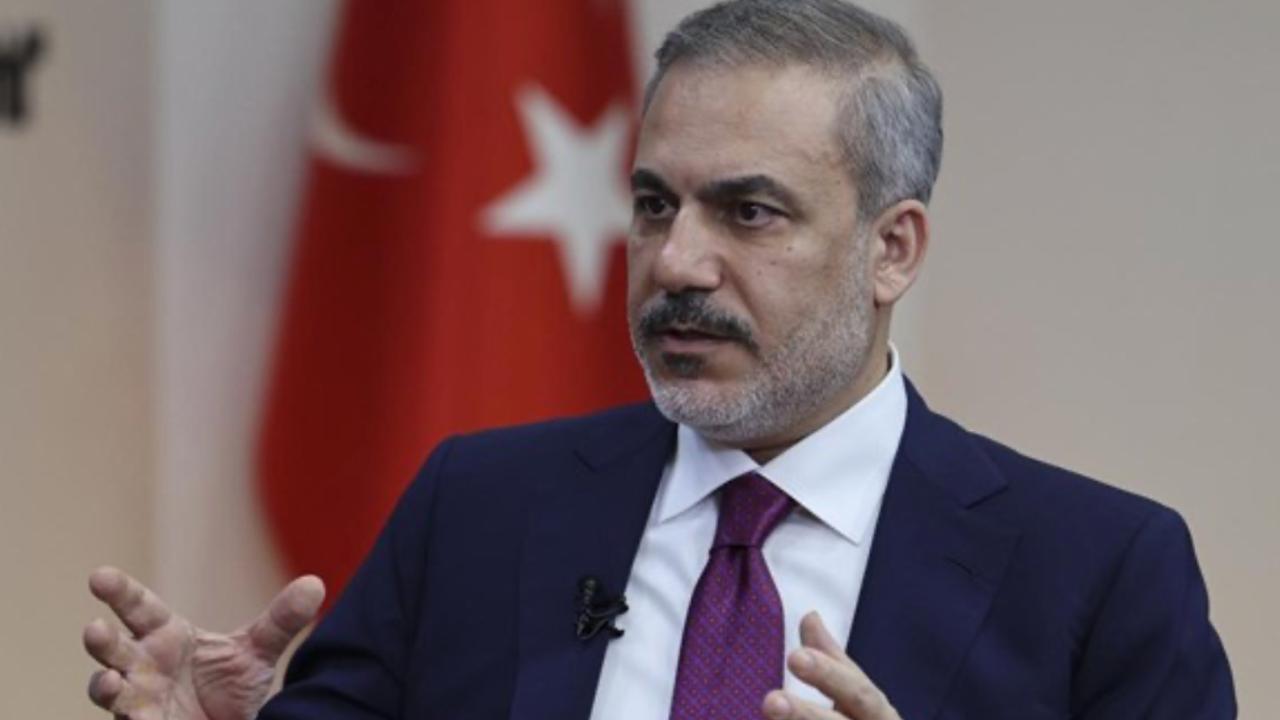“Few men can keep a secret. The man who keeps it wisely will never speak”
Odyssey, Book 3
The tale of Odysseus is most famously recounted in Homer’s epic poem The Odyssey. The story follows Odysseus, king of Ithaca, and his arduous journey to return home after the fall of Troy. Odysseus is known more for his intelligence and strategic thinking than for sheer warrior skills. During the Trojan War, he made a significant impact not through direct force, but through his tactics. He was the mastermind behind the Trojan Horse, which ultimately led to the fall of Troy. Following the war, Odysseus faced a ten-year journey back home, during which he encountered numerous challenges. He overcame these not with brute strength, but with patience and cleverness. His approach to problems, characterized by calculated and quiet actions, exemplifies the qualities of a hero who progresses silently but effectively.
Odysseus was known for his resourcefulness that help him overcome various challenges during his voyage. A very simple but effective trap like a wooden Trojan horse, he deceived the Trojans and ultimately led to the fall of Troy. The tale of Odysseus explores themes of perseverance, cunning over strength and loyalty. Odysseus is celebrated not just for his martial prowess but for his cleverness and ability to navigate a world filled with divine interference and mythical creatures. Commenting on Odysseus and his qualities in the modern world, we can draw parallels between his legendary traits-such as leadership, diplomacy and intelligence, and contemporary notions of what makes an effective leader. He exemplified a balanced leadership approach that combined courage with wisdom. He demonstrated adaptability in the face of challenges and showed resilience, as his determination to return to Ithaca persisted despite numerous setbacks. Today, leadership is increasingly viewed not only as the ability to lead from the front but also to be flexible and resilient. Odysseus’s example illustrates the importance of adaptive leadership-being able to change course and strategy based on the situation. In the modern world, leaders facing rapidly changing environments, such as in business or politics, can draw from Odysseus approach to persevere through crises by being resourceful and willing to take calculated risks.
Odysseus’s tale continues to be relevant in the modern world because it addresses timeless aspects of human nature and leadership. His combination of intelligence, diplomacy, adaptability and strategic thinking serves as an archetype for contemporary leaders who must navigate complex challenges. Whether in politics, business or international relations, the qualities that made Odysseus an epic hero are still admired and sought-after today’s world as in today’s globalized world. Actually, Odysseus’s story underscores the value of persuasion, negotiation and soft power which are essential in international relations and conflict resolution today. Turkey’s geopolitical landscape is related to navigating a stormy sea, with the country having to steer through numerous complex and volatile issues. The ongoing efforts to balance relations with major global powers, address regional conflicts and manage internal political and economic challenges make the country to position itself as an independent power broker. The role of Hakan Fidan here becomes more important as the country navigate through the storms of modern geopolitics and maintain strategic autonomy while managing relationships with global powers and addressing regional challenges.
Hakan Fidan was the former Chief of National Intelligence Agency of Turkey, MİT, and has been appointed as the Minister of Foreign Affairs in 2023. Many of his well-trained intelligence officers who were capable of many successful operations both inside the country and in other countries helped him modernize the agency in about 10 years. The crux difficilis, the difficult difficulty of Hakan Fidan’s journey can be emphasized through his role of this skillful navigator of Turkey’s complex international environment, akin to how Odysseus navigated the challenges and perils of his long journey home in Homer’s epic, The Odyssey. As the head of MİT and now as Foreign Minister, Fidan has been central to Turkey’s approach to a range of regional crises, including the conflicts in Syria, Libya and the broader Eastern Mediterranean. These regions are fraught with geopolitical “storms,” such as shifting alliances, proxy wars and power struggles among global and regional players. His tenure at MİT saw the organization expand its reach beyond traditional gathering into active roles in diplomacy, conflict mediation and even humanitarian efforts. Under Fidan, MİT became instrumental in Turkey’s back-channel negotiations with various factions in the Syrian conflict and in facilitating hostage exchanges in multiple war zones.The comparison between Hakan Fidan and Odysseus is thus not merely symbolic, it reflects the nature of contemporary diplomacy, where the ability to adapt, strategize and negotiate is crucial for navigating an unpredictable international environment. As Turkey continues to face challenges on multiple fronts- from its relationships with NATO and Russia to regional conflicts and economic pressures- Fidan’s leadership style, marked by intelligence diplomacy and strategic acumen, will be essential in steering the country through these “storms.
Written by: Tugba Koc










